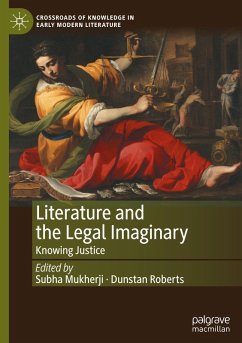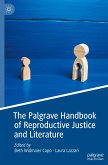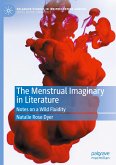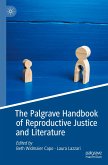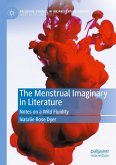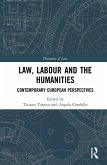Tuning into the collective understanding of law as lived experience, Knowing Justice is a timely and distinctive intervention in the field of law and literature. It seeks to understand and inhabit the intersection between judicial procedure, legal thinking and imaginative practice, where epistemic processes that elude the formal discourses of law and legal history are generated and brought into view. But the law in early modern England - the focus of this book though not its horizon - was also an imaginative resource and a repository of structures of feeling. These are functions uniquely grasped through literary mediation because literature shares the representational modes and structures of law but not its methods or ends. Bringing together established and younger scholars from literary studies, legal history, theology and law, and employing a variety of approaches, this collection of essays eschews flat description in favour of layered analysis, cognisant of the plurality of concept, practice and representation. In using a literary lens, it treats apparent binaries or distinct registers as interlinked constituents of an ecology, and navigates the gap between abstract jurisprudence and the affective, composite, social event of justice or judgment. Its perception of 'literature', likewise, is capacious: including imaginative method, literary strategies used by law and its cognate disciplines, and hermeneutic and critical methods that are traditionally regarded as literary. Its notion of epistemology, meanwhile, encompasses not simply the condition of judicial knowledge but also its process, psychology and ethics: it attempts to know justice at the same time as it attends to what justice knows, fails to know, or resists knowing.
Bitte wählen Sie Ihr Anliegen aus.
Rechnungen
Retourenschein anfordern
Bestellstatus
Storno

